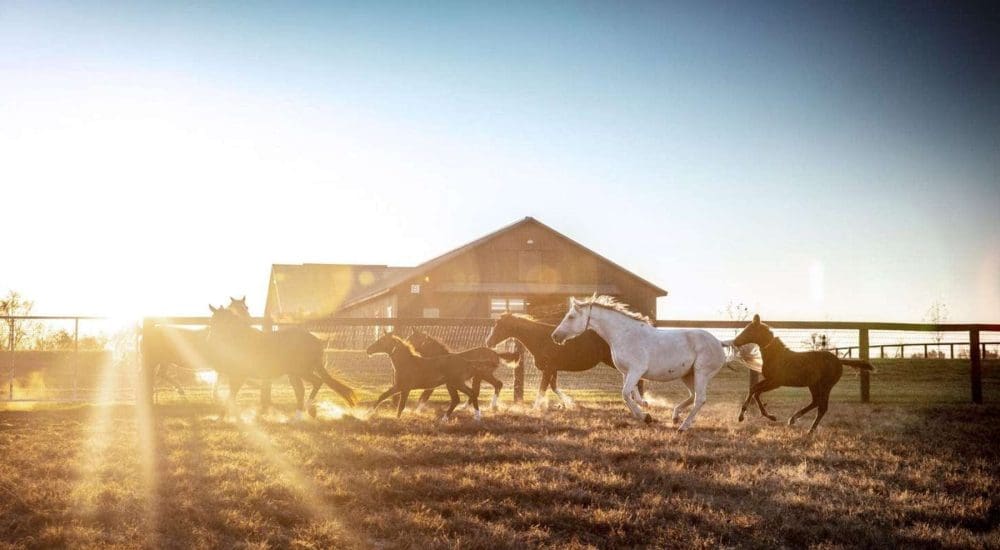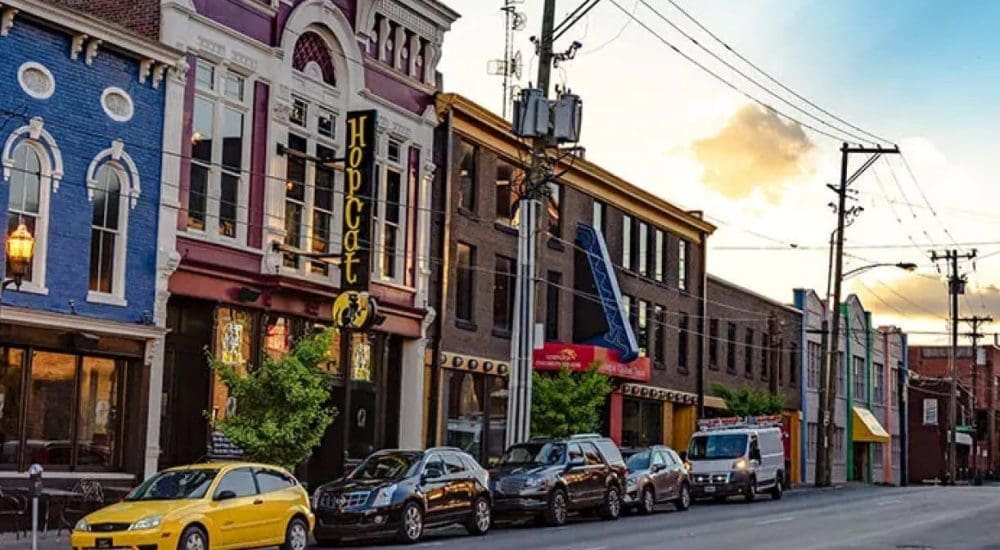The Bluegrass AgTech Development Corp (BADC) is a public-private partnership among the Lexington-Fayette Urban County Government, the Kentucky Department of Agriculture, the University of Kentucky Martin-Gatton College of Agriculture, Food and Environment, and Alltech. Click here to learn more.
For over a century, the UK Martin-Gatton College of Agriculture’s Kentucky Agricultural Experiment Station (KAES) has been a vital source of research findings for farmers and the community. Securing over $58 million annually in external funding, KAES researchers drive scientific discoveries that impact agriculture, nutrition, and environmental sustainability. Click here to learn more

Relocation to Lexington, Kentucky ensures a strategic hub with prime location, skilled workforce, and vibrant business ecosystem — for unparalleled growth and success.

Not surprisingly, we believe Greater Lexington is one of the best places in the world. The numbers speak to the region’s success as a place to start or relocate a business, raise a family, or just enjoy life.

There are an abundance of site and building opportunities across the Greater Lexington Region.
On Wednesday, June 25, Piramal Pharma Solutions hosted a groundbreaking ceremony at the University of Kentucky’s Coldstream Research Campus, marking…
Kindeva, a global contract development and manufacturing organization, was joined by Lieutenant Governor Jacqueline Coleman and community leaders today to…
Commerce Lexington is proud to announce that it has been named a 2025 Economic Development Organization (EDO) of the Year…
(LEXINGTON, KY – March 6, 2025) – For the second consecutive year, Greater Lexington has secured a place in the…
Written By: Alex Stern, Economic Development Intern Published 02/06/2025 | Updated 02/07/2025 Biotechnology is a dynamic field that merges life…
Nearly 300 leaders from across the Greater Lexington region gathered for Commerce Lexington’s 2024 Regional Summit presented by Community…
"*" indicates required fields